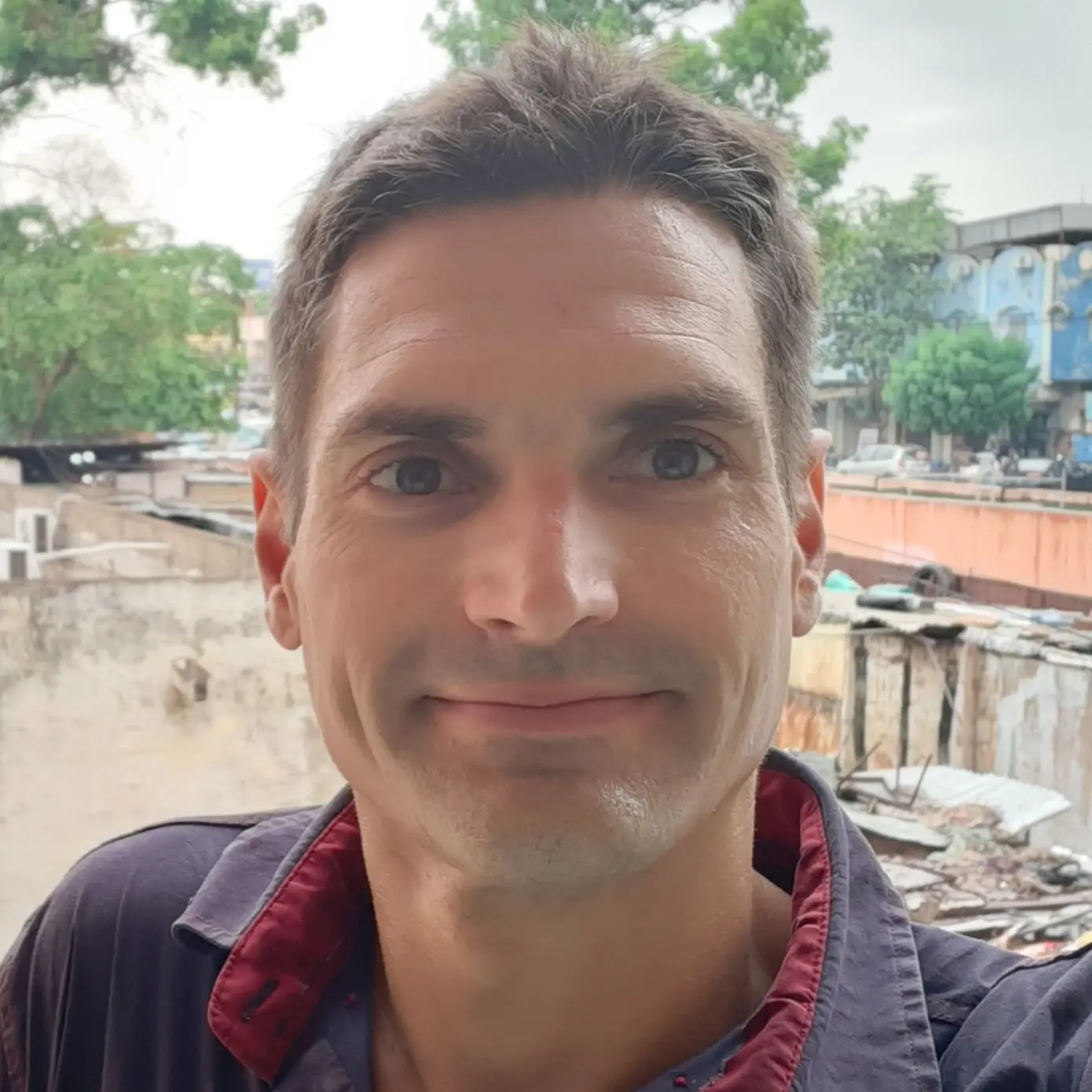Public sector development and democratic governance
Democratic governance refers to mechanisms and processes
whereby government legitimacy is based upon public agencies’
responsiveness and accountability towards citizens, as well as
citizen participation in public decisions, through free and fair
elections and complementary mechanisms. These principles are
however challenged by, on the one hand, corruption and on the
other hand, rising authoritarianism, backsliding of democratic
values and, in some cases, disillusion on social, economic and
political change through elections. Yet, an effective and accountable
public sector is of paramount importance in the delivery of
‘fit-for-purpose’ public goods and services. A combination of
public sector capacity building, improved governance and
effective forms of state-citizens engagement help ensure that
public resources are used in the pursuit of these goals and services.
We support democratic values and governance principles
in several key areas of service delivery, public accountability and
citizen engagement,; while advising policies, programmes and
actions ultimately promoting a fair, inclusive, and rights-based
social contract between the citizens and the state.
Rule of law is a critical component of an effective State; it is a foundation for democratic governance, accountability and a healthy balance of power. Rule of law provides for predictability and trust, and is conducive for well functioning societies and thriving economies. A proficient justice sector underpins the rule of law by upholding the law and by settling disputes peacefully within legal and regulatory boundaries.
We have significant experience in assessing and strengthening rule of law, either comprehensively as part of broader state building efforts or by focussing more specifically on accountability, anti-corruption or other regulatory areas. We supported justice sector reforms in several countries, targeting for example Supreme Courts' performance, criminal law and detention centres capacities, human rights mechanisms, transitional justice processes in conflict-affected contexts, etc.
Public financial management (PFM) is a central element of a functioning administration, underlying all government activities. It encompasses the mechanisms through which public resources are collected, allocated, spent and accounted for. We have acquired ample experience in the formulation, monitoring and evaluation of PFM capacity building and reform programmes at national, intermediate (State / Province / Region) and local levels. We have also contributed to the preparation, implementation, monitoring and evaluation of budget support programmes (EU, World Bank, ADB, USAID, …), and the development and monitoring of sector planning and medium-term budgeting and expenditure frameworks (MTEFs).
We assisted multiple (national and local) governments in their transition towards integrated policy & budget cycles and for complementing input-based budgeting with results-based budgeting. Such transition usually implies the design and implementation of (fit-for-purpose) analytical budgeting and accounting, and it allows for integrating value for money analysis and accountability in PFM.
We support the development of strategic and financial controlling capacity in combination with (gradual) decentralisations of public financial management and empowerment of department-level managers, while also enhancing their accountability on both economic and cost-effective use of financial resources. In a next stage of institutional development, these targeted interventions are further complemented and integrated within broader initiatives aiming at measuring and optimising the impact of public policies and programmes.
Promoting accountability in the public administration is critical to advancing transparent and responsive forms of governance that respond to citizens’ needs while upholding human rights and fundamental freedoms. Key partners in this endeavour are both duty bearers in public agencies and right holders among citizens and civil society. Duty bearers and right holders link together across the supply and the demand of accountability and democratic governance. On the supply side, public accountability and anticorruption bodies require proper capacities to deliver on their mandate; these include technical skills on, for instance, digitization and monitoring & reporting, but they also extend to interagency cooperation, policy dialogue, and public outreach. On the demand side, citizens, communities, and civil society organisations need knowledge and access to quality information on their rights, on how these are protected, and by whom. Their demands for accountability should then be channelled through open and effective mechanisms for engagement with duty bearers.
Our work on public accountability and anticorruption target both right holders and duty bearers: we advise, facilitate, and evaluate actions and programmes that aim to strengthen anticorruption agencies, empower citizens and communities, and foster accountability and positive feedback loops among citizens and the state.
We work with public authorities, civil society organisations, and international development partners to promote inclusive and participatory governance. Our approach to citizen participation focuses on right holders, duty bearers, and the links between the two: we help strengthen the voice of citizens and marginalised groups while at the same time creating the conditions for meaningful, ongoing engagement between governments and the people they serve.
In this perspective, citizen participation is both a democratic right in its own and a practical tool for improving policies outcomes leveraging stakeholders’ insight, building trust in public institutions, and increasing accountability. Drawing on extensive experience in diverse political and institutional settings, we help partners design, implement, and refine participatory approaches that are context-sensitive, culturally appropriate, and impactful. Our services include policy development and planning, stakeholder mapping, co-creation workshops, citizens’ assemblies, context-sensitive dialogue formats, capacity building for public and civil society actors.
The scope of our services spans from facilitation techniques to strategic communication, participatory planning, and integrating feedback loops into service delivery and policy and budget cycles. As needed, this may be complemented by research, diagnostics and systems analysis to inform public reforms and programme design. In connection with the above we support the design and implementation of monitoring, evaluation, accountability and learning (MEAL) mechanisms that, amongst others, support institutions to adapt and improve their approaches based on evidence and citizen feedback obtained through meaningful stakeholder engagement. We have also provided strategic advisory on digital engagement channels, particularly on mapping available options, identifying good practices, and helping align digital engagement strategies with governance and participation goals. Our approaches explicitly engage youth, women and marginalised groups in inclusive stakeholder panels and institutional setup.
Site under construction
With a proven track record across diverse public health contexts, including fragile and conflict-affected settings, we bring a deep and practical understanding of what drives impactful public health interventions. We offer strong expertise in key areas such as universal health coverage (UHC), health insurance, healthcare management, performance-based health systems, and the strengthening of individual and organizational capacities within the health sector. This technical expertise is complemented by a robust track record in monitoring and evaluation of public health interventions, including the assessment of projects, programs, initiatives, and public policies at various stages (ex-ante, mid-term, and final evaluations), as well as in conducting Social Return on Investment (SROI) analyses to assess the broader social value of public health interventions.
Our approach is grounded in collaboration, as evidenced by successful partnerships with key public health actors in Belgium such as Enabel, Memisa, and Médecins Sans Vacances, and is further strengthened by an active network of health professionals and evaluators across Sub-Saharan Africa. We combine this with ample experience of institutional development and modernisation of the National Health Insurance Institute of Belgium.





